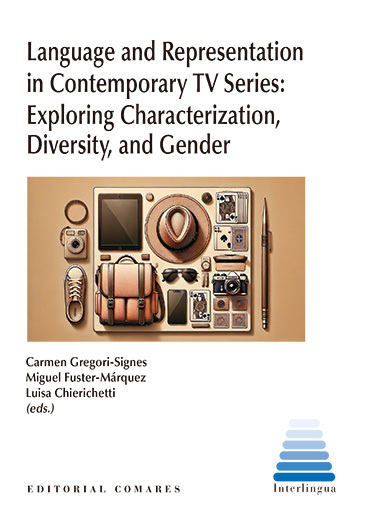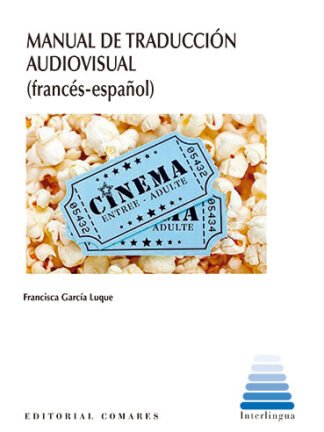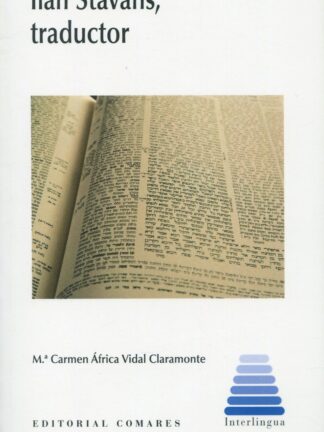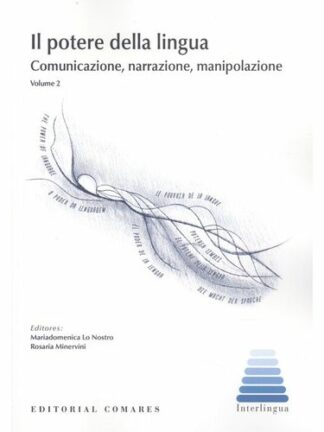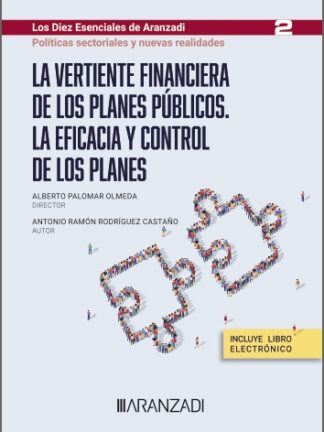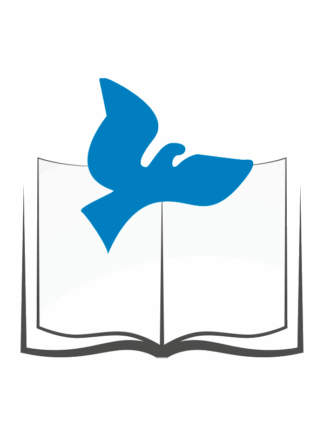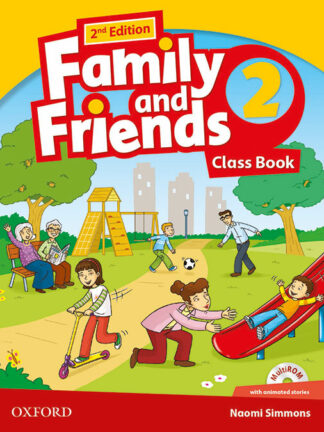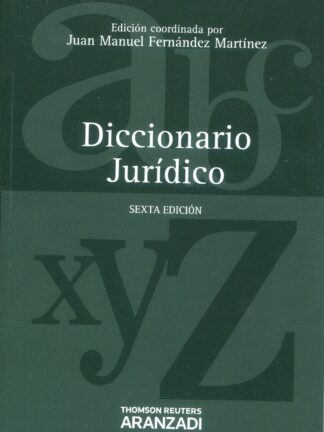Descripción
Language representation contemporary TV Series: Exploring, characterization, diversity, and gender
Explore the intricate world of digital television series with Language and Representation in Contemporary TV Series: Exploring Characterization, Diversity, and Gender. This book offers a new perspective on how language in television series reflects cultural narratives. Its collection of articles analyse style, diversity and gender representation with a combination of qualitative and quantitative methods of analysis.
Piazza´s paper proposes a non-discriminatory approach to filmmaking for Gypsies and Travellers and calls for a reinterpretation of Kress and van Leeuwen´s gaze model. Herriman and Bednarek examine the language in The Warriors tracing some relevant sociolinguistic nuances of indigenous storytelling.
Moreno-Ortiz uses advanced techniques in sentiment analysis to compare the characters in Archer and Friends with a focus on how gender stereotypes are challenged. Maiz-Arévalo reveals the pragmatics of coming-out speeches while Castellano-Ortolá debates the troubling romanticization of gender-based violence in true-crime narratives. Melchiorre exposes the gaps in the representation of lesbian in eight different TV series. Gender is also the focus of Tello-Barbé, who applies corpus-methods that help reveal how Shrill redefines social narratives around fat-acceptance.
All in all the essays in this collection draw attention to the cultural significance of telecinematic discourse. Perfect for academics and casual readers alike, this book is an excellent contribution to media studies, linguistics and cultural studies.
AUTORES: CARMEN GREGORI SIGNES, MIGUEL FUSTER MÁRQUEZ y LUISA CHIERICHETTI
MÁS TÍTULOS SOBRE TRADUCCIÓN. INTERPRETACIÓN
Carmen Gregori-Signes

is an Associate Professor and a member of IULMA at the Universitat de València. Among her research interests are (critical) discourse analysis, media discourse – mainly television, spoken grammar, corpus linguistics/stylistics and the use of ICT in educational contexts. More recently, her researched has focused on the study of the multimodal construal of women and of gender-based violence against women in fictional and non-fictional discourse. She was co-funder and vicepresident of EDISO (Estudios sobre Discurso y Sociedad) from 2011-2016. Since 2018, she is the director of the research group CORPLING (Corpus Linguistics: developments and applications).
Miguel Fuster-Márquez

is Professor of English at the Universitat de València and a member of the Interuniversity Institute of Applied Modern Languages (IULMA). He has taught and published work on the application of corpus approaches in the fields of English lexicology, phraseology, discourse, language variation & change, stylistics, literary translation, teaching methodologies and advertising. He has participated in projects related to the analysis of Tourism discourse where he has applied corpus methodologies. He is a member of the research team NEWSGEN, one of its main objectives is the analysis of news values discourses around Gender-based Violence and Inequalities in the press. Here a corpus assisted critical discourse approach is adopted. Miguel Fuster belongs to the Research Group CORPLING at the UV (IULMA): Corpus Linguistics, Developments and Applications.
Luisa Chierichetti
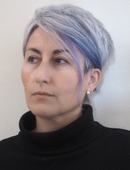
is Professor of Spanish Language, Translation, and Linguistics at the University of Bergamo (Italy). She investigated the linguistic aspects of humour (Narrazione e umorismo. López Rubio, Jardiel Poncela e Neville, Bulzoni 2000), the grammatical tradition of Spanish, and discourse analysis, with a specific emphasis on the legal, medical, and tourism sectors. Her current research projects focus on telecinematic discourse applied to Spanish television series (Diálogos de serie. Una aproximación a la construcción discursiva de personajes basada en corpus, Peter Lang 2021) and corpus stylistics («Caminando con la niña que fui». Algunas calas en la obra de Elvira Lindo desde la óptica de la estilística de corpus, Comares 2022).

